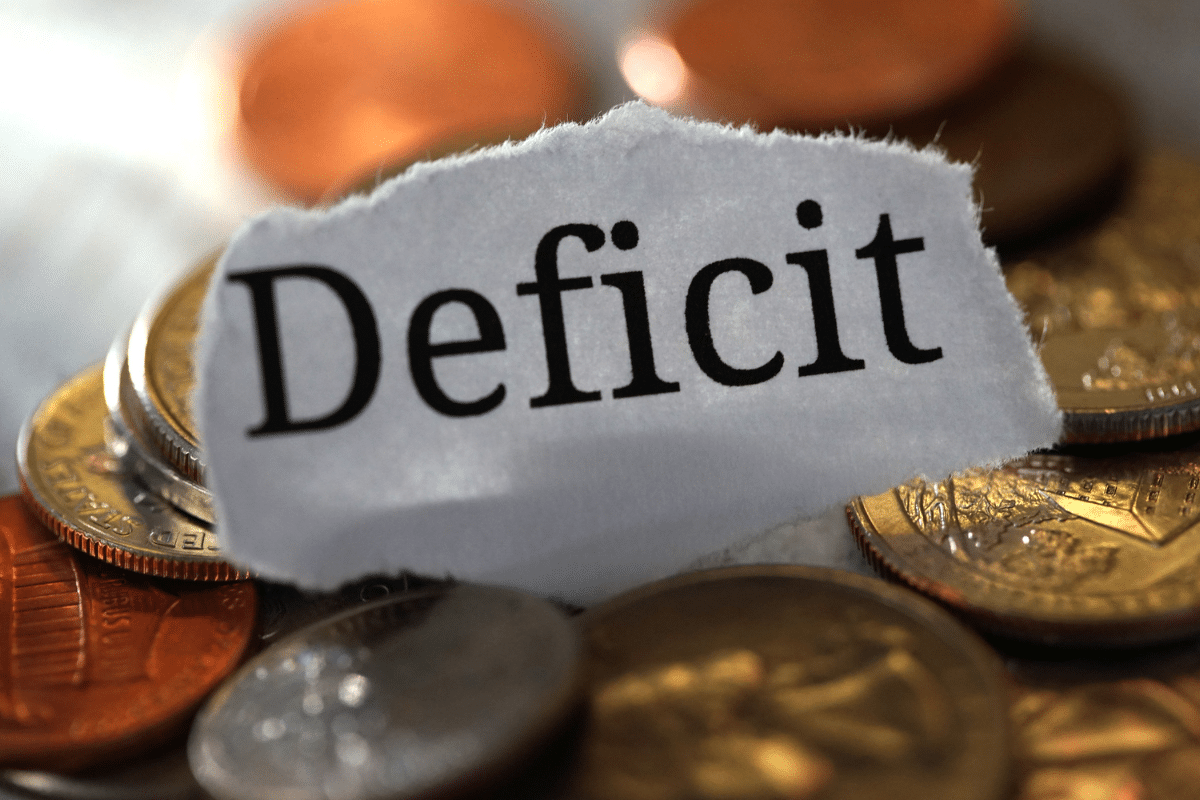What are the main points worth clarifying for a foreign investor who has decided to buy real estate in France?
А. 4 questions to answer when investing in real estate
When buying a property, an investor may be confronted with 4 questions. Dealing effectively with these issues will become increasingly important once the investment amount increases:
- How to find a property?
This is the real estate agent’s competence.
- What taxes will apply to investors and how to minimize them (capital gains tax, wealth tax, inheritance and gift tax)?
For foreign clients, these questions may pose many problems as they will have to deal with French law, the law of their country, double taxation agreements, international and European treaties and regulations.
In this case, it is worth contacting a tax specialist / tax attorney.
- How and through whom should the property be bought?
Is it more correct to buy in one person’s personal name, together with a spouse, share ownership and usufruct, or use a company? In the latter case, what kind of company is it, with what shareholders or associates, what statutes, etc.
A competent attorney and notary are needed in this matter.
- How to finance the purchase?
Buying a large property with a mortgage can have several advantages for the investor.
It is worth asking a financial advisor who will also be able to understand and take into account the very specific legal and tax aspects of international clients.
B. 7 reasons why bank financing may be beneficial to an international investor
- Because the investor does not have enough equity capital.
- If the property to be bought is intended to be rented out, the interest and other expenses related to the mortgage are deducted from the rental income, this minimizes the property income subject to tax in France.
- Because the investor knows how to invest the available funds so that they bring in more than the value of the loan.
- Because he wants to minimize the wealth tax. For information, the tax rate is gradually increasing from 0.5% to 1.5% of the value of the property located in France. For example, this tax is 15,000 euros for French properties worth 3 million euros, 50,000 euros for properties worth 6 million euros and 100,000 euros for properties worth 10 million euros.
- When a foreign property owner in France passes away, his heirs will have to pay inheritance tax in France based on the net asset value of the property. For example, for direct heirs the rate will be 20% for assets worth between 16,000 and 552,000 euros, 30% between 552,000 and 902,000 euros, 40% between 902,000 and 1,805,000 euros and 45% over.
For investors living in a country where the inheritance tax is zero or lower than in France (and there are many such countries!), the way to avoid/minimize this French inheritance tax is to buy with financing that will still exist at the date of death.
- When buying real estate in France, the investor living in a country “outside the euro zone” takes on double risk: the risk of change in the price of the property and the risk of change in the value of the euro against his own base currency. Buying with a 100% Euro pooled loan will avoid/limit this second kind of risk.
- And simply because the investor wants to save as much personal capital as possible in order to invest it in an additional opportunity or to use it in his business activity.
Every investor often has several of these goals, which can be accomplished in several ways:
- through legal solutions, such as the use of a company, taking advantage of the separation of property into usufruct and bare ownership, the choice of a specific taxation option (French tax regime ” furnished accommodation rental”);
- with an appropriate financing strategy: annuity or interest-bearing mortgage, for how much, in what currency, with which securities;
- but more often it is an individual combination of several of these types of solutions.
Nicolas BRAHIN
Lawyer of the Bar of Nice
Specialist in banking and financial law
Panthéon-Sorbonne University
Cabinet BRAHIN Avocats










